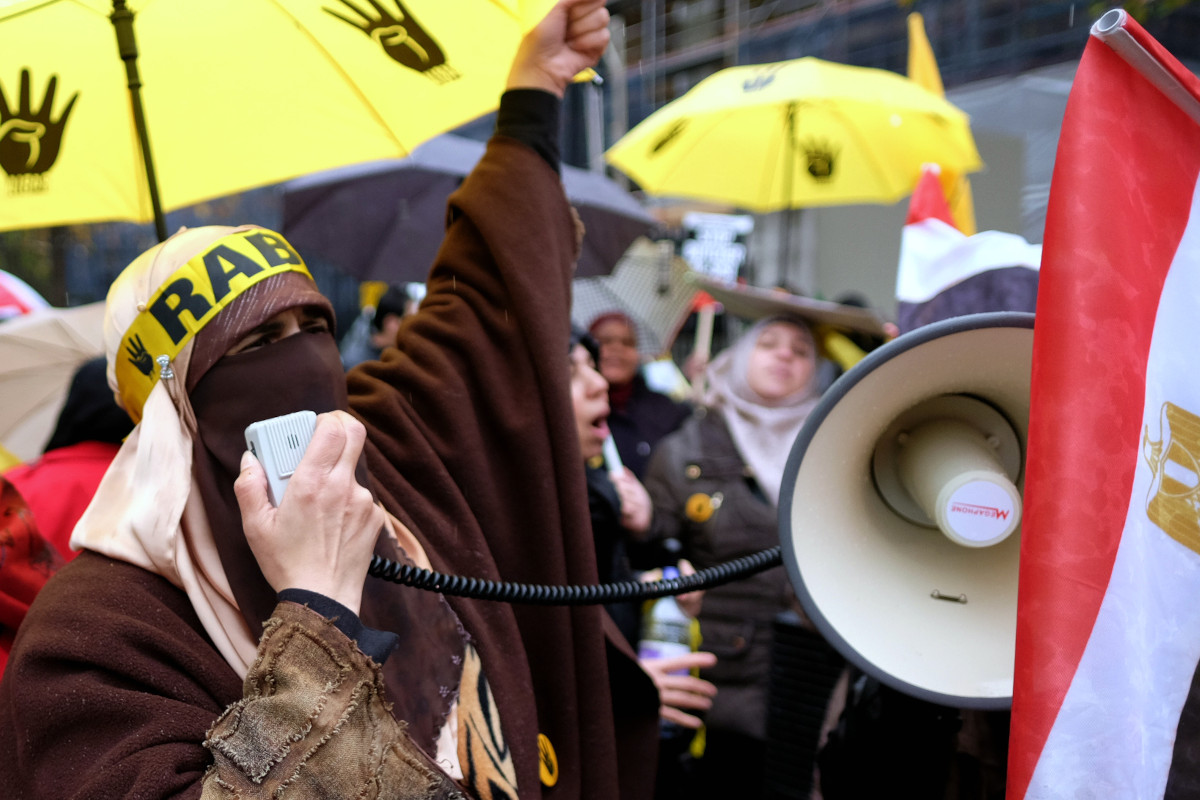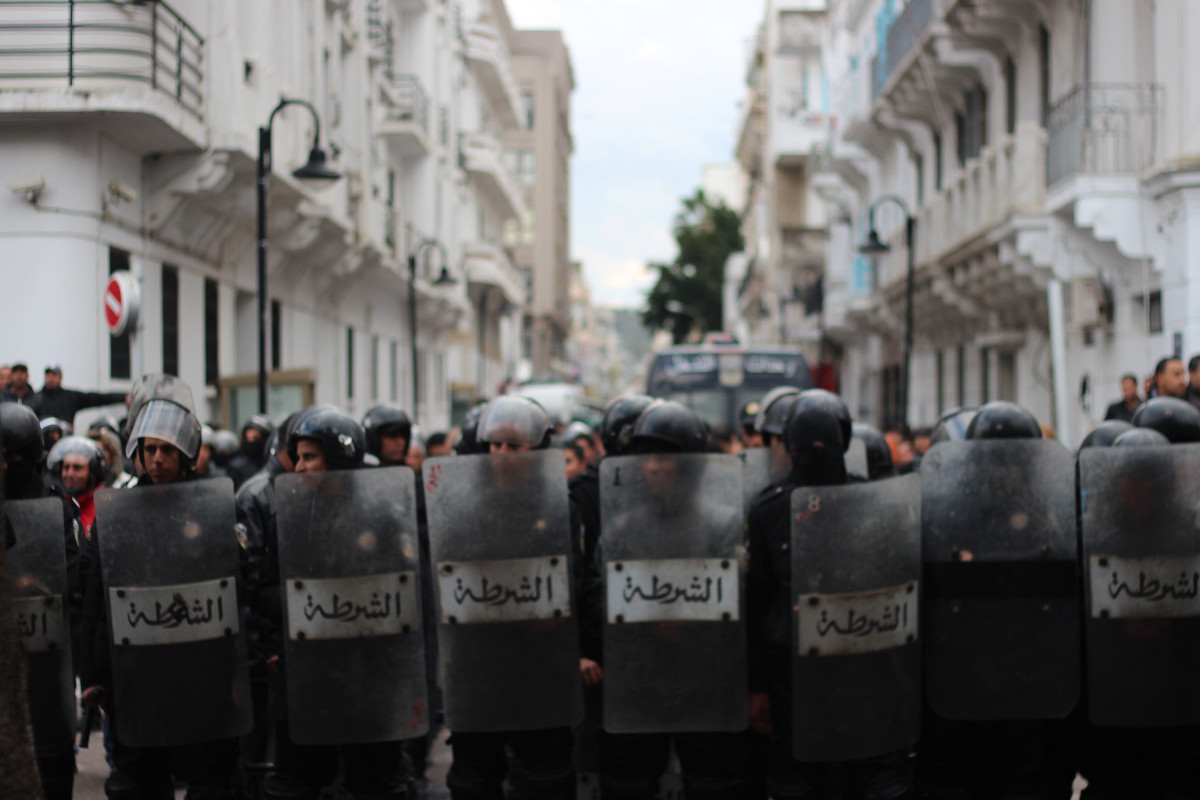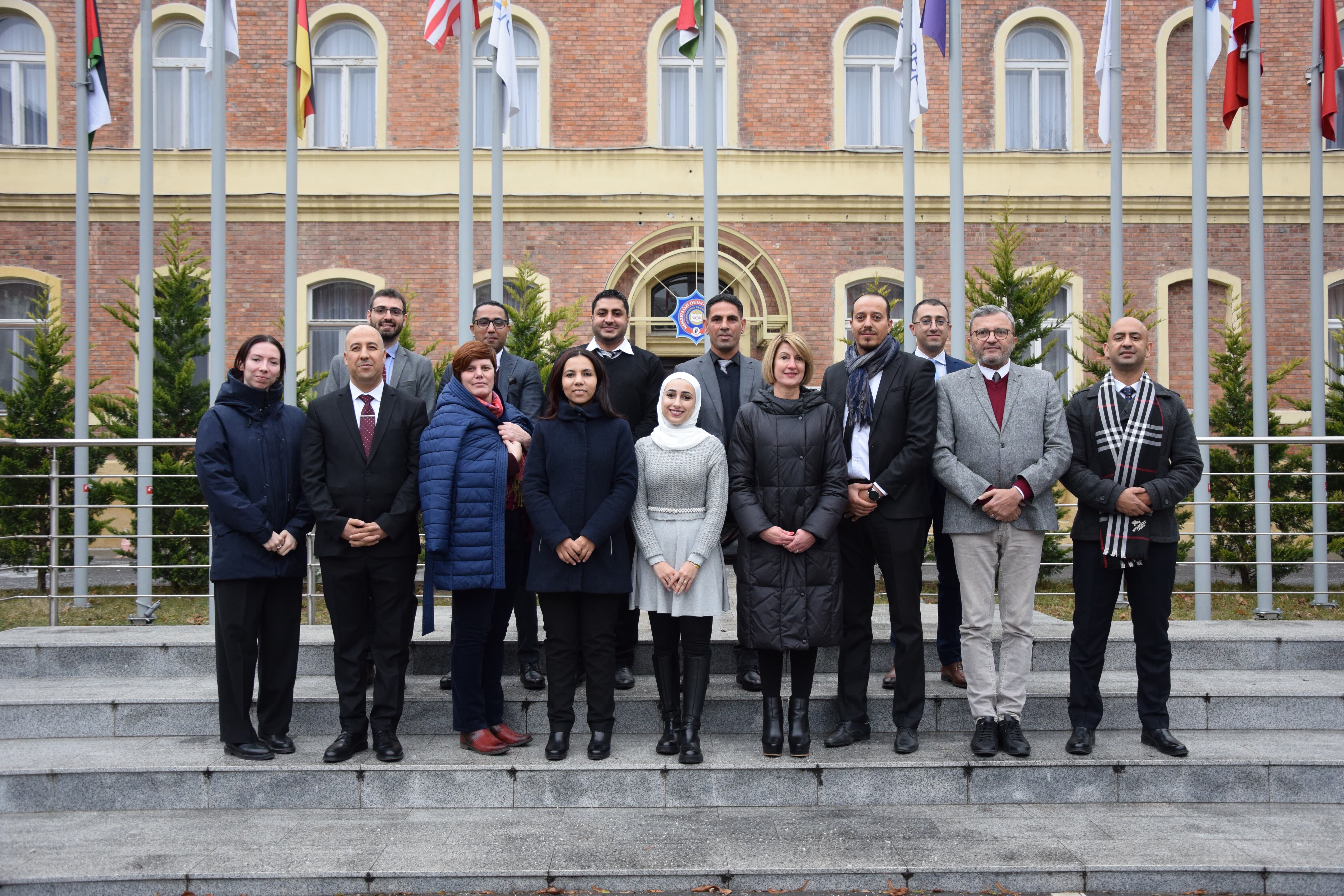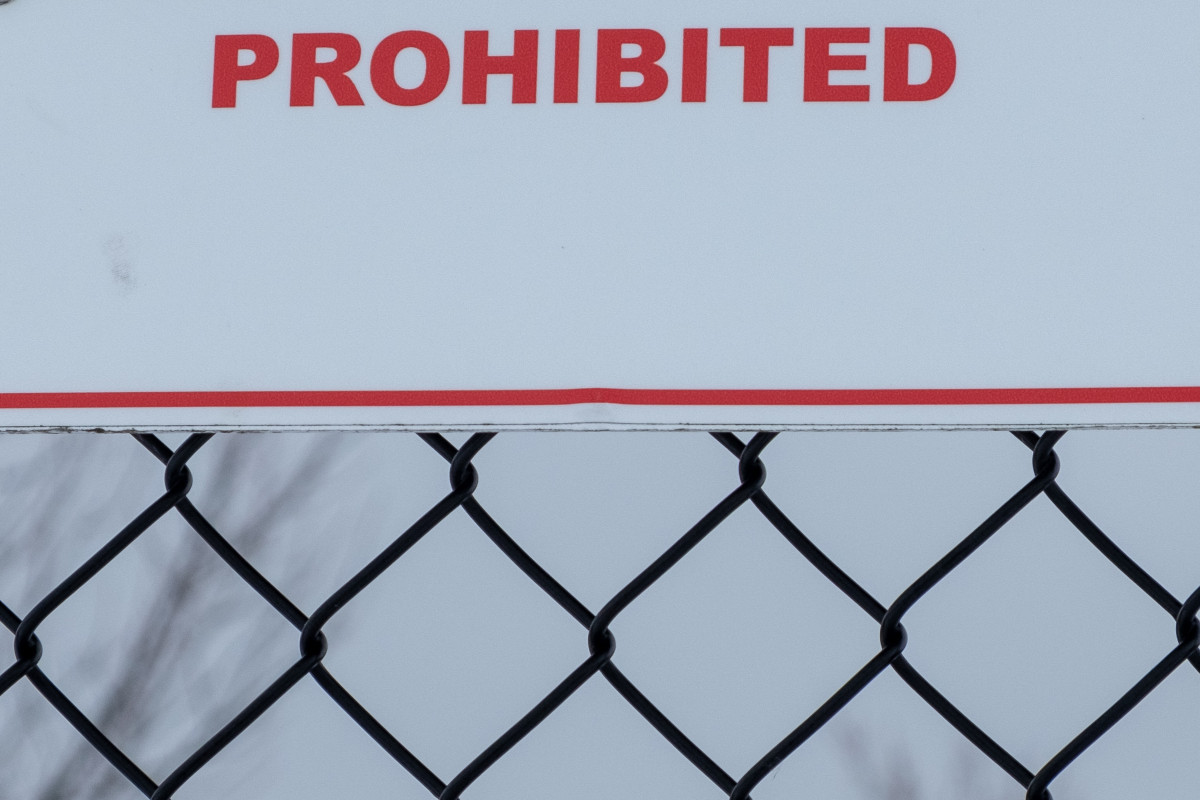EU police cooperation with Egypt sacrifices "people's rights and freedoms" for security
Topic
Country/Region
16 January 2025
An open letter to EU officials raises serious concerns over a planned agreement between Europol (the EU police agency) and Egyptian law enforcement authorities. The letter opposes the agreement due to Egypt’s “abysmal human rights record.” It condemns the plan as part of a regional strategy that "places security interests above any consideration of justice, democracy and people’s rights and freedoms." The letter has been signed by over 40 organisations and individuals, including Statewatch.
Support our work: become a Friend of Statewatch from as little as £1/€1 per month.

Women protest against the visit of Egyptian dictator Abdel Fattah el-Sisi to London, November 2015. Image: Alisdare Hickson, CC BY-SA 2.0
Commissioner in Cairo
The Egyptian authorities have a long track record of human rights violations against migrants, refugees, their allies, and political opponents.
This has not stopped the EU seeking closer ties with the country.
In September 2024, Ylva Johansson (the former European Commissioner for Home Affairs) met with Badr Abdelatty (Egyptian Minister of Foreign Affairs, Emigration and Expatriates) in Cairo.
One item on the agenda was increased cooperation between Europol and Egypt, through the signing of a working arrangement.
Europol working arrangements
A working arrangement between Europol and Egypt would allow the exchange of information and cooperation in relation to any crime within Europol’s jurisdiction.
Europol currently has 20 active working arrangements, 13 of which are with states such as India, Israel, and Mexico.
The remaining seven are with EU and international agencies and organisations, such as Frontex and the International Criminal Court.
It is worth noting that working arrangements do not allow for the exchange of personal data. This requires an operational agreement.
However, the letter (pdf) says that even limited information exchange risks “whitewashing further human rights violations in Egypt and in the EU.”
A “true strategic partner” committing violent abuses
The letter expresses deep concern over comments made by Johansson during her time in Cairo.
She described Egypt as a “true strategic partner of the EU” and commended it “for its treatment of migrants and refugees, particularly those fleeing civil war in Sudan.”
The letter recalls reports from the UN Committee Against Torture and the UN Human Rights Committee. Both bodies have documented extensive human rights abuses against political opponents and Sudanese refugees and migrants.
These include torture and ill-treatment by police officers, prison guards and military personnel; unlawful arrest and detention; enforced disappearance; unfair trials; and use of the death penalty.
They have also raised concerns about Egypt’s “overly broad definition of terrorism.”
“This is extremely worrying considering that the EU’s primary motives for establishing police cooperation with Egypt is the fight against terrorism and the “prevention of radicalisation,” says the letter.
The letter also emphasises the potential impact of an agreement on migrants and refugees. It notes that Egypt’s new asylum law “has been reported to likely contravene international human rights and refugee law”.
Request for clarification
The letter requests clarification on the Commission’s assessment of the need for increased cooperation between Europol and Egypt, and the risks it poses for rights.
This echoes a request made by the European Parliament in 2018. The chair of the European Parliament’s Human Rights Subcommittee has also sent written questions to the Commission.
The letter demands information from the Commission on “any human rights and data protection due diligence” that has been undertaken.
It states that if the appropriate measures have not been carried out, then “an agreement cannot be concluded."
No to police cooperation with Egypt
The letter closes by calling on the EU to “halt all attempts to sign any sort of police cooperation agreement with Egypt.”
Instead, it says the EU should “use its leverage with Egypt to demand reforms that protect human rights, civil liberties, justice and democracy.”
It is primarily addressed to Ylva Johansson’s replacement, Magnus Brunner, a conservative Austrian politician who was previously the country’s finance minister.
Documentation
- Letter: Civil society concerns over Europol-Egypt cooperation agreements (16 January 2025, pdf)
Our work is only possible with your support.
Become a Friend of Statewatch from as little as £1/€1 per month.
Further reading

EU support for violent and authoritarian regimes: no end in sight
Migration across the Central Mediterranean has been a consistent topic in the EU for over a decade. In July, the Council’s Working Party on the External Aspects of Migration discussed a paper drafted by the Hungarian Council Presidency. Focusing on Egypt, Libya and Tunisia, it argues that challenges have “deepened and become more complex in 2023.” This includes dangers at sea and shortcomings in living conditions, infrastructure and humanitarian assistance on land. As is customary, there is little mention of the role played by EU migration policy in generating these “challenges”.

How the EU police training agency is cosying up to the Arab League’s political extradition body
CEPOL, the EU police training agency, is collaborating with the Arab League’s political extradition body in spite of its human rights obligations.

EU seeks global counter-terrorism partnership with Egypt
The EU is to put itself forward, alongside Egypt, for the joint presidency of the Global Counter-Terrorism Forum, "an informal, apolitical, multilateral counterterrorism (CT) platform that contributes to the international architecture for addressing terrorism." The idea was first suggested by the European External Action Service and was recently approved by the Council despite Egypt's appalling record of human rights abuses in the name of counter-terrorism.
Previous article
EU: Human rights must be “central guiding basis” for new AI guidelines
Next article
Spotted an error? If you've spotted a problem with this page, just click once to let us know.

